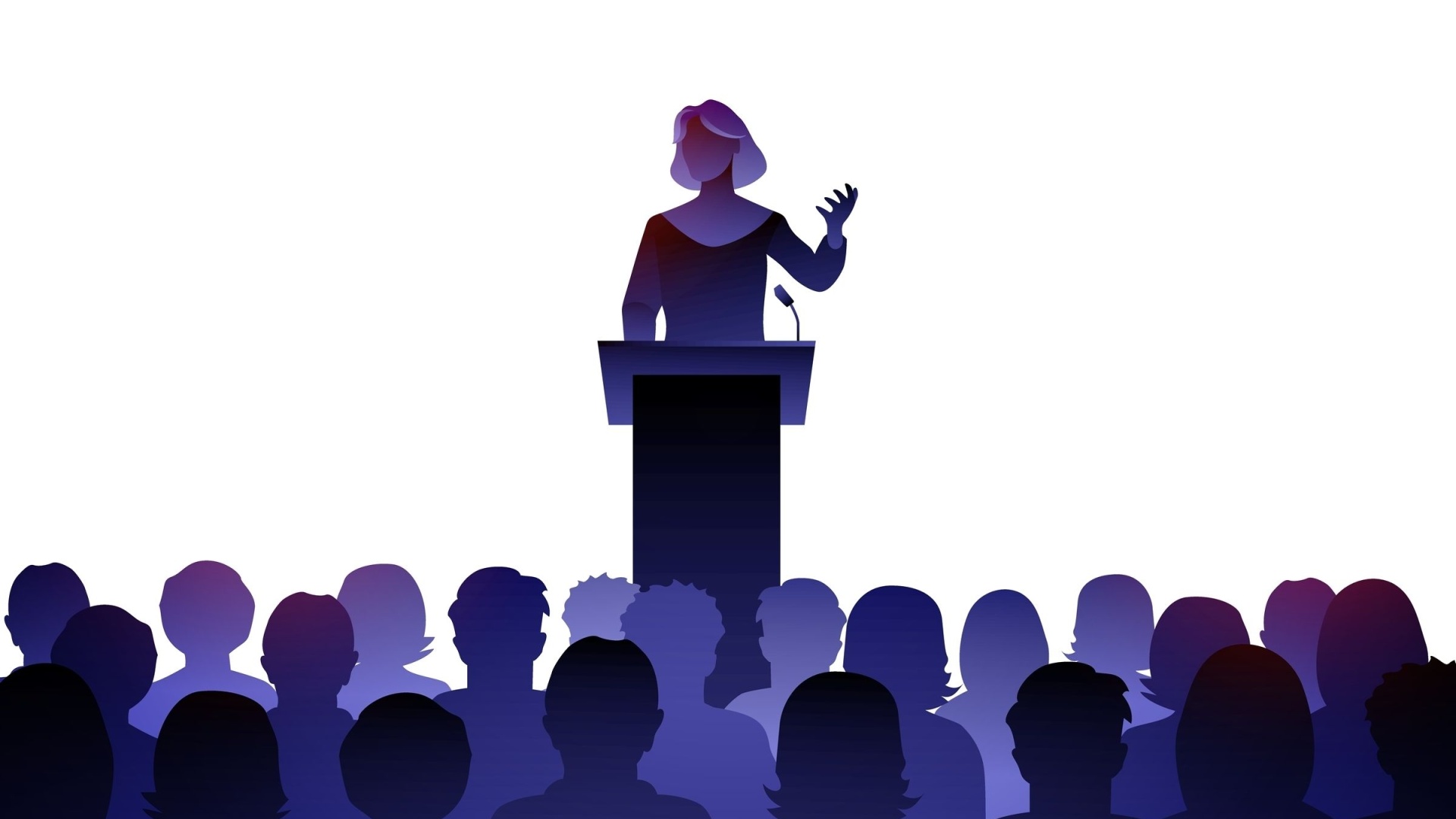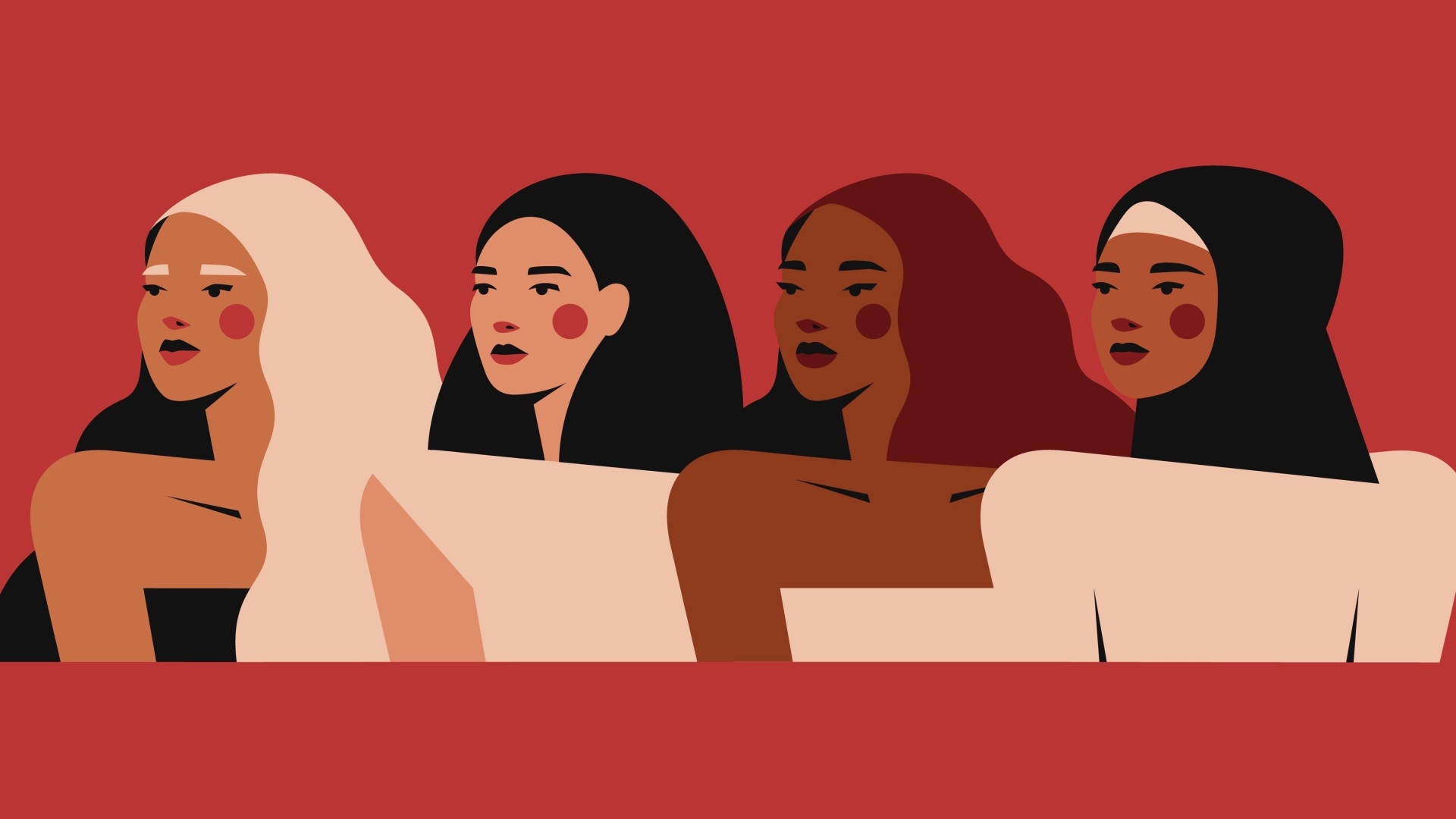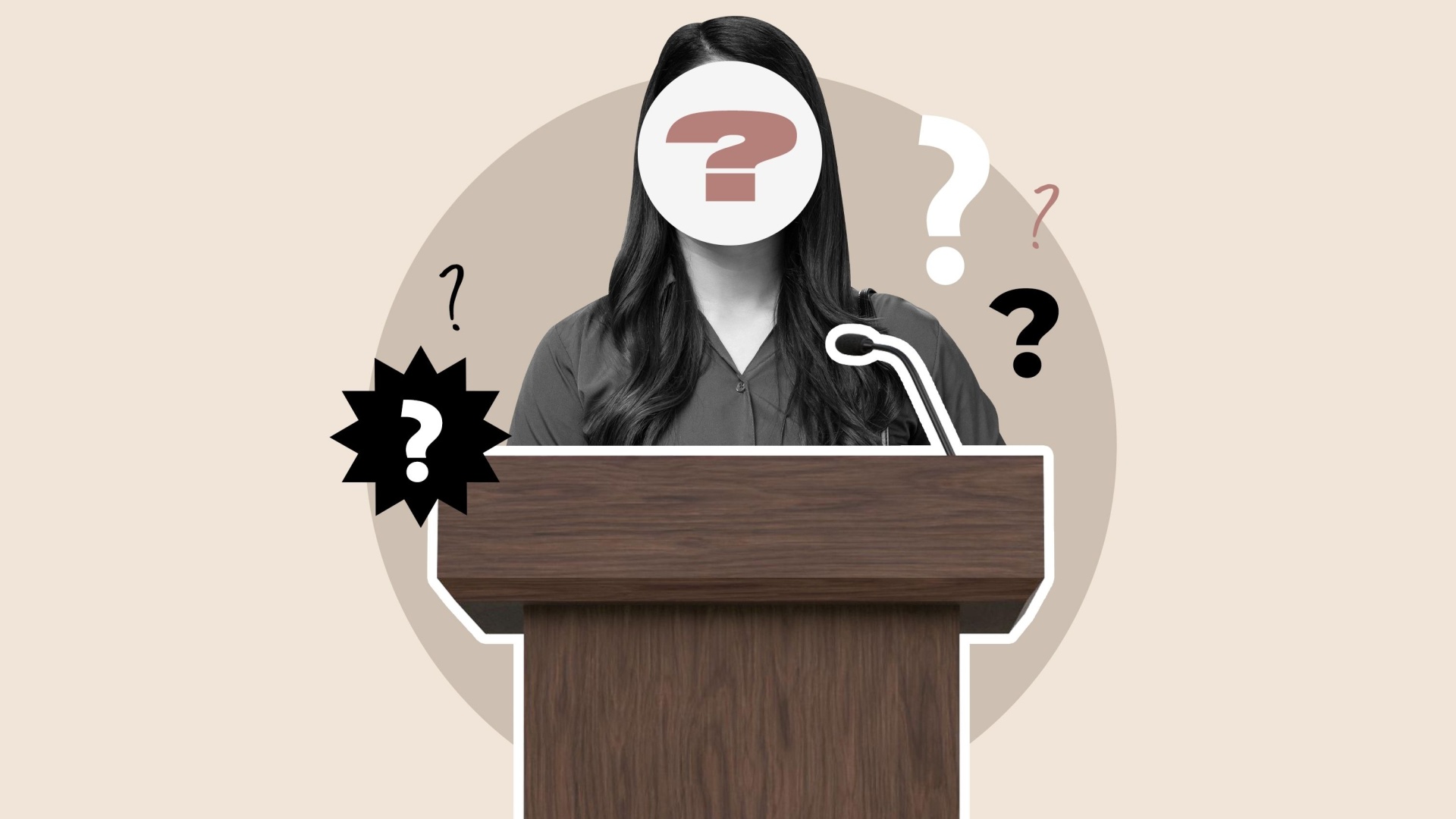Who Governs Nations Today: The Leading Women in Global Politics
As of 2024, only 26 countries in the world are led by women. In 2023, that number was even lower — just 17. According to the UN, despite some progress, diplomacy and international relations remain largely inaccessible to women. For instance, over 100 countries — to be precise, 113 — have never had a female head of state, and in seven countries, no woman holds a position in the cabinet. Still, there are governments — mostly in Europe — that have achieved gender parity. Let’s explore the role of women in state governance and who is considered the most influential in global politics.
Ursula von der Leyen

Not long ago, the European politician began her second term as President of the European Commission. She was first elected to the position in 2019, becoming the first woman to hold it. The European Commission is the main executive body of the EU, responsible for drafting legislation and policy programs, allocating funds among member states, representing the EU in international organizations, and implementing decisions made by the European Parliament and the EU Council.
Ursula was born in Brussels in 1958. Her father, Ernst Albrecht, was also a politician. She was one of seven children. In 1971, the family returned to West Germany, where Ursula studied economics at the Universities of Göttingen and Münster, later moving to London. Upon returning to Germany, she shifted focus and pursued a medical degree. Before entering politics, she worked as a physician, earned a doctorate in medicine, and taught at the Hanover Medical School.
In the 1990s, von der Leyen joined the Christian Democratic Union (CDU), the same party as her father, and soon became actively involved in its activities. In the early 2000s, she entered the Lower Saxony state parliament and became Minister for Social Affairs and Family. Two years later, she took on the same portfolio at the federal level. Among her key reforms were introducing paternity leave for fathers and guaranteeing kindergarten spots for all children.
In 2009, Ursula became Germany’s Minister of Labour and Social Affairs. During this time, she strengthened support for the employment of women, seniors, and the unemployed. She advocated for gender balance in the management of Germany’s largest companies and oversaw employment protection measures during the global economic crisis — such as the Kurzarbeit program (a reduced workweek with partial wage compensation).
In 2013, she became the first woman to serve as Germany’s Minister of Defence. Ursula launched modernization programs for military equipment and infrastructure and promoted gender equality within the armed forces. However, she faced criticism due to administrative shortfalls across all levels of the ministry. The Defence Ministry was also accused of mismanaging funds for refugee rehabilitation programs, and von der Leyen was embroiled in a corruption scandal over multimillion-euro contracts with external consultants, with the Federal Audit Office questioning the legality of the payments.
Nevertheless, Ursula earned trust within EU institutions, particularly after her role in organizing the NATO mission in the Aegean Sea during the 2016 migration crisis. By 2019, she became President of the European Commission. Her first major challenge was the COVID-19 pandemic. She coordinated joint vaccine procurement for all EU member states and launched a strategy for achieving climate neutrality by 2050. Despite controversies — such as over vaccine procurement and her text message exchanges with Pfizer’s CEO — and criticism from fellow politicians, Ursula not only secured a second term but was re-elected to the position. In 2023, Forbes named her the world’s most powerful woman.
Tarja Halonen

Dubbed the “Mother of Finns,” Tarja Halonen was elected as Finland’s first female president in 2000 and served for 12 years.
Born in 1943 in Helsinki, Tarja studied law at the University of Helsinki in the 1960s. In her youth, she held more radical leftist views, fought for equality, and even left the Lutheran Church after it denied women ordination.
Her political career spans more than three decades, and she is considered one of the most influential figures in Finnish history, especially in matters of human rights and equality. From 1977 to 1996, she served in the Finnish Parliament as a member of the Social Democratic Party. She also led three ministries — Social Affairs and Health (1987–1990), Justice (1990–1991), and Foreign Affairs (1995–2000). Tarja was involved in judicial reforms, promoted gender equality on the international stage, and played an active role in integrating Finland into European structures.
Elected president in 2000 and re-elected in 2006, Tarja strongly supported the welfare state — the idea that the state not only enforces law and order but also creates conditions for a dignified life and the free development of all citizens, particularly the vulnerable. This concept rests on principles of social justice, solidarity, and mutual responsibility. In foreign policy, she emphasized Finland’s role as a peacekeeper and humanitarian actor.
She consistently championed “soft power” — diplomacy, human rights, and environmental responsibility. Under her leadership, Finland gained international recognition as a socially progressive and gender-balanced nation.
Now 81, Tarja remains active in international organizations and forums. She serves on the Council of Women World Leaders, participates in the UN’s working group on sustainable development, and works on global initiatives for women’s rights, health, and environmental protection.
Vaira Vīķe-Freiberga
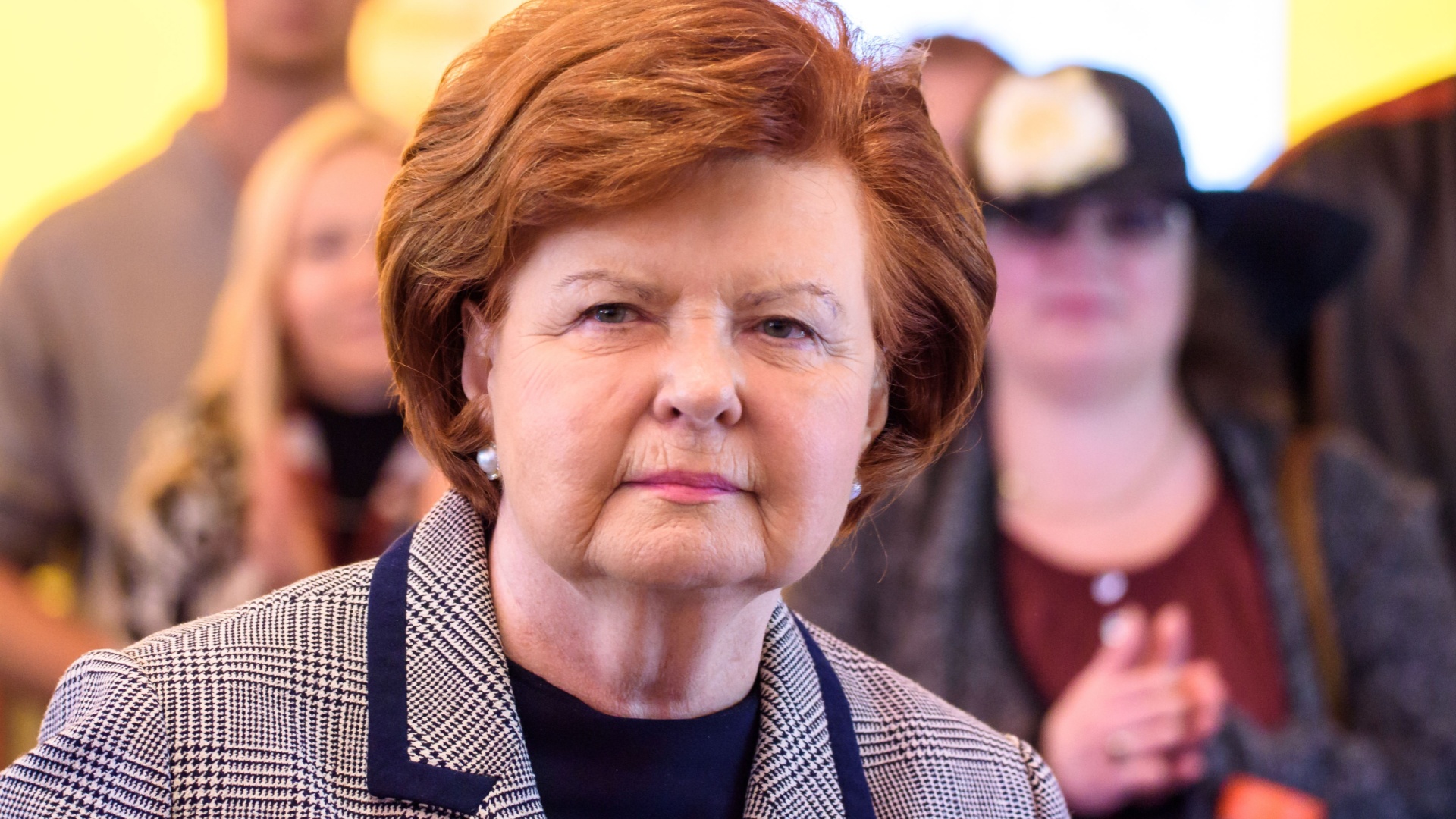
The future President of Latvia was born in 1937 in Riga. Her family later lived in Germany, Casablanca, and Canada. In Montreal, Vaira gained citizenship and earned a bachelor’s degree in English, a master’s in psychology, and a PhD in experimental psychology from McGill University. For over 30 years, she taught and conducted research on memory, language, and cognition. She held leadership roles in national and international academic institutions, served as president of the French-language division of the Canadian Academy of Sciences, and chaired NATO’s “Human Factors” scientific program in Brussels.
In 1989, she was invited to Brazil as a constitutional reform advisor for the national parliament. It wasn’t until 1997 that Vaira moved from Canada to Latvia. A year later, she became Director of the Latvian Institute, responsible for shaping the country’s international image. In 1999, despite being a political outsider, Vaira was elected by the Saeima (Latvian Parliament) as president — a compromise and independent candidate. In 2003, she was re-elected.
Under her leadership, Latvia joined the EU and NATO in 2004. Vīķe-Freiberga actively advocated for Latvia’s reintegration into the “family of Western democracies.” Internationally, she represented the entire Baltic region, defending the interests of post-Soviet countries. She wasn’t afraid to speak openly about Soviet occupation, 20th-century history, or Latvian national identity. She also promoted gender equality, education, and human rights.
Vaira’s leadership helped solidify Latvia’s status as a fully independent democratic nation. Her international engagement earned her recognition in Forbes’ lists of the world’s most powerful women in 2005 and 2006. Fluent in six languages, she remains one of Eastern Europe’s most respected female leaders, continuing her public work as a member of the European Council on Tolerance and Reconciliation.
Alice Bah Kuhnke
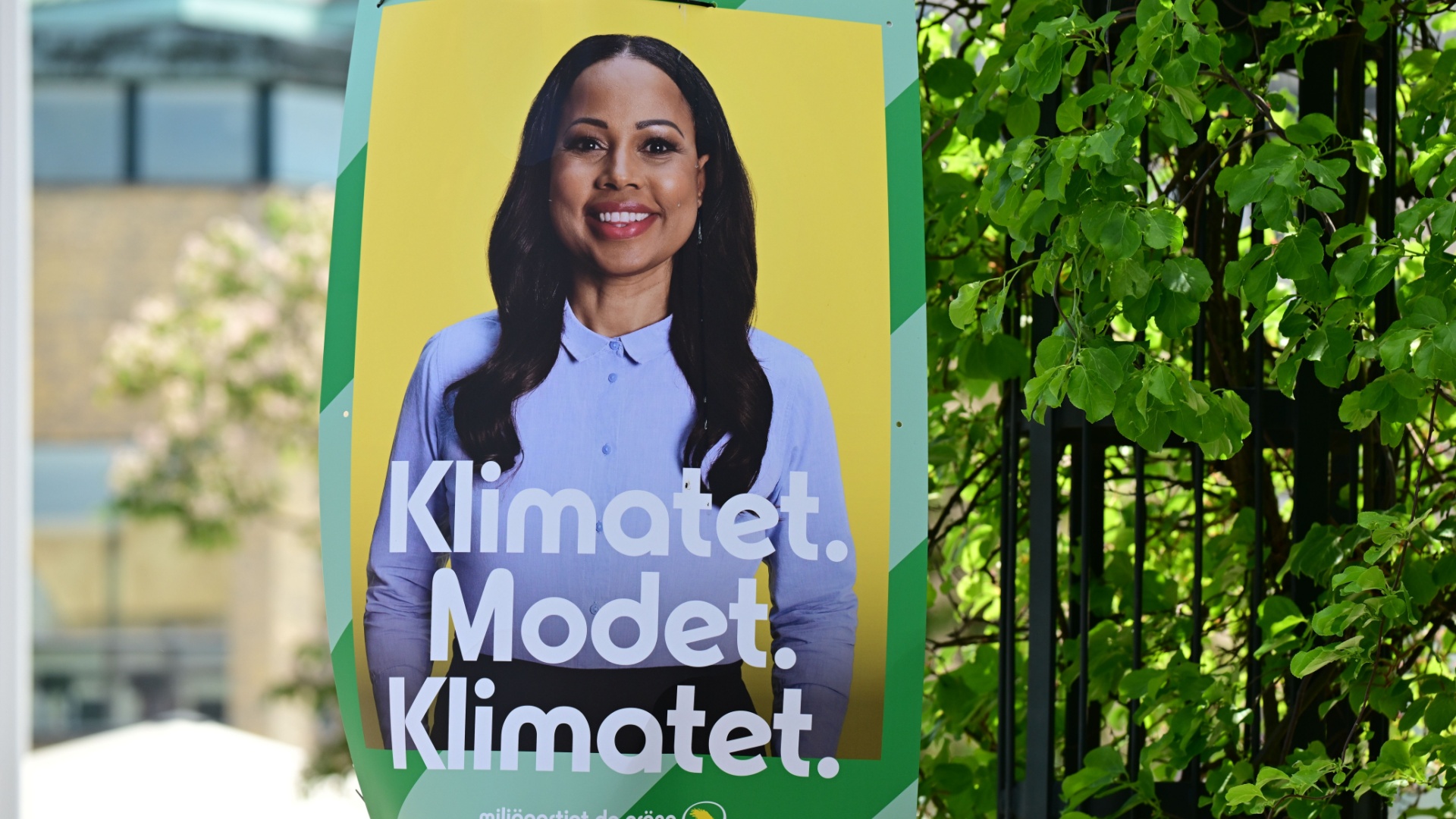
A former Swedish Minister of Culture and Democracy, Member of Parliament, and journalist, Alice Bah Kuhnke was born in Malmö in 1971. She studied political science in Stockholm and then worked in television as a reporter, producer, and talk show host.
In 2013, Alice became Director-General of Sweden’s National Agency for Youth and Civil Society. A year later, she joined the Green Party–European Free Alliance and was appointed Minister of Culture and Democracy. Her portfolio extended beyond culture to include civil society, religious organizations, and counter-extremism efforts.
Kuhnke strongly supported human rights NGOs, increased government funding for organizations promoting equality, inclusion, and freedom of expression, and developed anti-radicalization programs involving youth and local communities. She also championed cultural diversity and inclusivity in public institutions and cultural organizations.
Since 2019, she has served as a Member of the European Parliament, representing Sweden within the Green–European Free Alliance group, and now serves as one of its Vice Presidents. She focuses on civil liberties, women’s rights, and sustainable development.
Mara Carfagna

A former model and TV presenter, Mara Carfagna made a full transition into politics. Elected to the Italian Chamber of Deputies in 2006, she joined the cabinet two years later and served as Minister for the South and Regional Development from 2021 to 2022.
Maria Rosaria Carfagna was born in Salerno in 1975. She earned a law degree from the local university but initially worked in media, participating in beauty pageants and hosting shows. She worked at Mediaset, a media company owned by businessman and political leader Silvio Berlusconi. Mara joined the Chamber of Deputies as a member of Berlusconi’s party, Forza Italia, and later joined his cabinet.
Carfagna championed legislation against sexual exploitation — especially of minors and migrant women — increased funding for crisis centers and shelters, supported domestic violence survivors, and launched professional retraining programs for women to enhance their public participation. She was repeatedly re-elected to Parliament and served on various committees.
Despite skepticism about her early career, Carfagna established herself as a serious politician focused on social and legal issues, particularly advocating for vulnerable women. In 2022, she left Berlusconi’s party and joined Carlo Calenda’s centrist Azione party. She remains active in parliamentary politics, championing equal rights, southern Italy’s economic development, and women’s political participation. She also frequently speaks on social and gender issues in media and public forums.
More women are entering politics — not only at the national level but also in international institutions. The experience of current female leaders proves that the ability to govern is not about gender — it is about professionalism and conviction.
